If you’re aiming to become a Salesforce Technical Architect, you’re likely aware that the interview process can be both exciting and nerve-wracking. To help you prepare effectively, we’ve compiled a list of essential interview questions that will not only assess your technical prowess but also your problem-solving skills and depth of knowledge. Let’s dive into the key areas you need to focus on.
In today’s competitive job market, standing out as a Salesforce Technical Architect requires a unique blend of technical expertise, strategic thinking, and effective communication skills.
This article aims to equip you with the knowledge you need to excel in your Salesforce Technical Architect interview by providing a comprehensive guide to the most crucial questions that may come your way.
Understanding the Role of a Salesforce Technical Architect
Before we delve into the technical questions, let’s take a moment to understand the role of a Salesforce Technical Architect. As a Technical Architect, you’re not just a programmer or developer; you’re the visionary behind complex Salesforce solutions that address unique business challenges.
Core Technical Knowledge
3.1 Salesforce Platform Expertise
Your grasp of the Salesforce platform is fundamental. Expect questions about different Salesforce clouds, customization options, and declarative vs. programmatic solutions.
3.2 System Integration and API Management
Salesforce rarely operates in isolation. You’ll likely be asked about integrating Salesforce with other systems using APIs and middleware. Be prepared to discuss data synchronization, real-time vs. batch processing, and error handling.
3.3 Data Modeling and Architecture
Designing a scalable and efficient data architecture is pivotal. You might face questions about data modeling best practices, relationships, indexes, and schema design.
Solution Design and Best Practices
4.1 Scalability and Performance Optimization
Architects must ensure solutions perform under load. Questions may revolve around designing for scalability, optimizing queries, and leveraging caching mechanisms.
4.2 Security Implementation and Compliance
Security is paramount. Be ready to explain how you’d secure sensitive data, implement authentication mechanisms, and ensure compliance with industry standards.
4.3 User Experience and Design Considerations
Beyond functionality, user experience matters. Discuss how you’d create intuitive interfaces, utilize Lightning components, and balance aesthetics with usability.
Troubleshooting and Problem-Solving
5.1 Debugging Complex Issues
Technical Architects are problem solvers. You might be given scenarios where systems behave unexpectedly. Walk the interviewers through your approach to diagnosing and resolving these issues.
5.2 Performance Bottleneck Analysis
Identifying bottlenecks is crucial for performance. Expect questions about tools and techniques you’d use to profile and optimize performance-critical parts of a solution.
5.3 Handling Governor Limits
Salesforce has governor limits to prevent resource abuse. Be prepared to discuss strategies for staying within these limits while delivering robust solutions.
Project Management and Communication Skills
6.1 Leading Technical Teams
Technical Architects often lead teams. Discuss your leadership philosophy, how you handle conflicts, and ensure your team stays motivated and aligned.
6.2 Stakeholder Communication
Clear communication with non-technical stakeholders is vital. Provide examples of how you’ve conveyed complex technical concepts to business users effectively.
6.3 Project Planning and Estimation
Architects need to manage project timelines and expectations. Explain how you approach project planning, task estimation, and adapting to changing requirements.
Business Acumen and Domain Knowledge
7.1 Understanding Industry-specific Challenges
Being aware of industry-specific challenges helps tailor solutions. Be ready to discuss how you’d address challenges unique to domains like healthcare, finance, or retail.
7.2 Aligning Solutions with Business Goals
Architects must align solutions with business objectives. Explain how you’d gather requirements, prioritize features, and ensure your solutions contribute to the organization’s success.
Mock Architecture Design Discussion
As a culmination of the interview, you might engage in a mock architecture design discussion. This is your chance to showcase your end-to-end problem-solving skills, from requirement gathering to solution design.
Conclusion
Becoming a Salesforce Technical Architect requires more than just technical prowess. It demands a holistic understanding of the platform, strategic thinking, communication finesse, and the ability to tailor solutions to business needs. By preparing for the interview questions outlined in this guide, you’ll be well-equipped to impress and land that coveted role.


